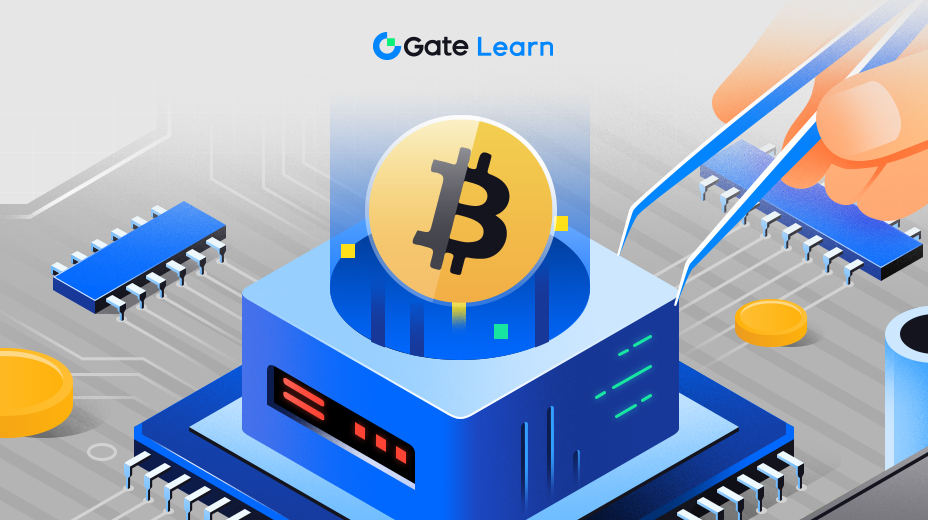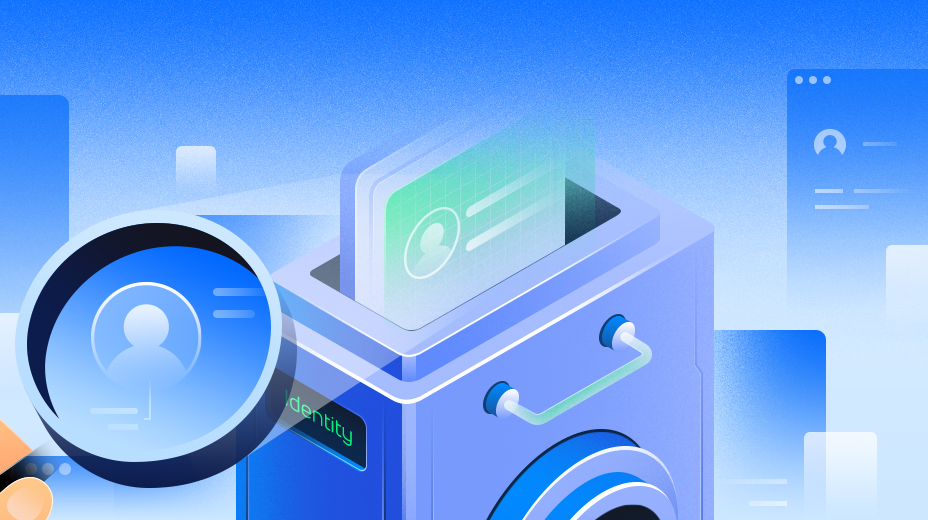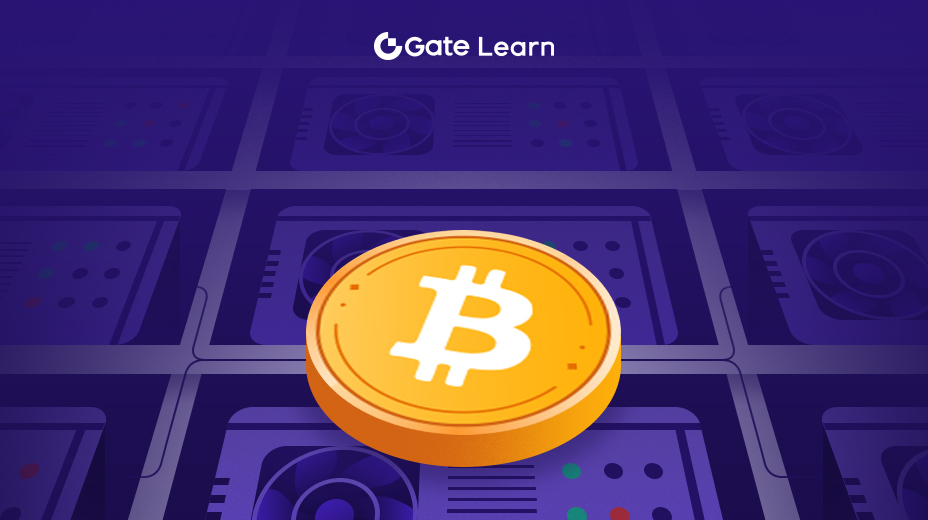Construindo no Cosmos
O Módulo 6 se concentra em como os desenvolvedores podem desenvolver a rede Cosmos. Forneceremos uma visão geral do Cosmos SDK, discutiremos o desenvolvimento de aplicativos descentralizados (dApps) no Cosmos e exploraremos vários estudos de caso de projetos construídos no Cosmos. Este módulo foi desenvolvido para alunos interessados nos aspectos práticos da criação e implementação de soluções blockchain no ecossistema Cosmos.
Visão geral do SDK do Cosmos
O Cosmos Software Development Kit (SDK) é um componente fundamental para a construção de aplicativos no ecossistema Cosmos. Ele foi projetado para simplificar o processo de criação de aplicativos blockchain complexos e interoperáveis, também conhecidos como aplicativos descentralizados (dApps). O Cosmos SDK é modular, o que significa que fornece um conjunto de módulos personalizáveis que os desenvolvedores podem usar para construir seus aplicativos blockchain. Essa modularidade é fundamental para a flexibilidade do SDK, permitindo que os desenvolvedores escolham apenas os componentes necessários para sua aplicação específica.
Um dos principais recursos do Cosmos SDK é a capacidade de permitir a criação de blockchains específicos de aplicativos, conhecidos como zonas no ecossistema Cosmos. Estas zonas podem interagir entre si através do Cosmos Hub, facilitando a interoperabilidade e a escalabilidade. O foco do SDK em blockchains específicos de aplicativos é diferente da abordagem de tamanho único das plataformas blockchain tradicionais, oferecendo aos desenvolvedores mais controle e flexibilidade.
O Cosmos SDK é construído sobre o Tendermint Core, que fornece um mecanismo de consenso Byzantine Fault Tolerant (BFT) de alto desempenho. Essa integração significa que os blockchains construídos com o Cosmos SDK herdam a segurança e a velocidade robustas do Tendermint, permitindo-lhes processar transações com rapidez e segurança. A combinação do Cosmos SDK com o Tendermint Core é o que torna o ecossistema Cosmos único em sua capacidade de oferecer soluções blockchain rápidas, seguras e interoperáveis.
O IBC está integrado ao SDK, permitindo que os blockchains construídos com ele se comuniquem e transacionem com outros blockchains compatíveis com o IBC. Esse recurso é crucial para a construção de uma rede de blockchains interoperáveis, permitindo que ativos e dados sejam transferidos sem problemas entre diferentes cadeias.
O Cosmos SDK também enfatiza a segurança e a personalização. Ele fornece um conjunto de módulos padrão para funcionalidades comuns de blockchain, como piquetagem, governança e gerenciamento de tokens. No entanto, os desenvolvedores têm a liberdade de personalizar esses módulos ou construir os seus próprios do zero, adaptando seu blockchain às suas necessidades e requisitos específicos.
O Cosmos pretende ser acessível a desenvolvedores com diversos níveis de experiência em blockchain. O design modular do SDK, a documentação abrangente e a comunidade ativa de desenvolvedores tornam mais fácil para novos desenvolvedores começarem a construir no Cosmos. Esta facilidade de utilização é crucial para promover a inovação e o crescimento no ecossistema Cosmos.
O Cosmos SDK também foi projetado para ser preparado para o futuro. Ele está sendo constantemente atualizado e aprimorado por uma equipe dedicada de desenvolvedores e colaboradores. Este desenvolvimento contínuo garante que o SDK permaneça na vanguarda da tecnologia blockchain, fornecendo as ferramentas e recursos necessários para a próxima geração de aplicações descentralizadas.
Desenvolvendo aplicativos descentralizados (dApps) no Cosmos
O desenvolvimento de aplicativos descentralizados (dApps) no Cosmos oferece diversas vantagens devido aos recursos exclusivos do Cosmos SDK e do ecossistema geral. A primeira vantagem é a capacidade de criar blockchains específicos para aplicativos. Isso permite que os desenvolvedores projetem e implementem blockchains adaptados às necessidades específicas de sua aplicação, em vez de serem limitados pelas limitações de um blockchain de uso geral. Essa especificidade pode levar a um melhor desempenho, funcionalidades mais relevantes e uma melhor experiência do usuário.
Os dApps construídos no Cosmos podem interagir facilmente com outros blockchains na rede Cosmos, bem como blockchains externos que suportam IBC. Essa interoperabilidade abre uma ampla gama de possibilidades para desenvolvedores de dApp, incluindo acesso a uma base de usuários mais ampla, funcionalidades mais diversas e a capacidade de aproveitar ativos e dados de vários blockchains.
O Cosmos SDK também fornece uma estrutura de segurança robusta para o desenvolvimento de dApps. Ao desenvolver o Tendermint Core, os dApps herdam um mecanismo de consenso seguro e testado. Além disso, a arquitetura modular do Cosmos SDK permite que os desenvolvedores incluam apenas os componentes de que precisam, reduzindo a superfície de ataque e possíveis vulnerabilidades de seus aplicativos.
A escalabilidade é outro benefício importante do desenvolvimento de dApps no Cosmos. A combinação de blockchains específicos de aplicativos e o protocolo IBC permite escalabilidade horizontal, onde diferentes partes de um aplicativo podem ser espalhadas por vários blockchains. Essa escalabilidade é crucial para aplicações que exigem alto rendimento ou precisam lidar com um grande número de transações.
Estudos de caso de projetos construídos no Cosmos
Vários projetos inovadores foram desenvolvidos na rede Cosmos, demonstrando a versatilidade e os recursos do Cosmos SDK. Um projeto notável é o Binance Chain, um blockchain desenvolvido pela bolsa de criptomoedas Binance. A Binance Chain foi projetada para negociação em alta velocidade e otimizada para este caso de uso específico. A cadeia foi construída usando o Cosmos SDK, demonstrando a capacidade do SDK de oferecer suporte a blockchains especializados de alto desempenho.
Kava é outro exemplo de projeto baseado no Cosmos. É uma plataforma DeFi que oferece empréstimos garantidos e stablecoins para usuários em vários blockchains. Kava aproveita os recursos de interoperabilidade do Cosmos SDK para se conectar a diversas criptomoedas, expandindo seu alcance e funcionalidade.
O Sentinel, um serviço VPN descentralizado, também é construído na rede Cosmos. Sentinel usa tecnologia blockchain para fornecer uma maneira segura e descentralizada de acessar a Internet. O projeto se beneficia dos recursos de segurança e interoperabilidade do Cosmos SDK, permitindo oferecer um serviço VPN robusto e fácil de usar.
Finalmente, o e-Money é um projeto europeu de stablecoin construído no Cosmos. Ele oferece uma variedade de stablecoins lastreadas em moedas, juntamente com recursos de remuneração de juros. O projeto utiliza o Cosmos SDK para criar uma plataforma segura e interoperável para moedas digitais, demonstrando a adequação do SDK para aplicações financeiras.
Destaques
- O Cosmos SDK é uma estrutura flexível e modular para a construção de blockchains ou zonas específicas de aplicativos dentro do ecossistema Cosmos.
- Ele se integra ao Tendermint Core para um mecanismo de consenso seguro e tolerante a falhas bizantinas, garantindo operações de blockchain rápidas e confiáveis.
- O SDK suporta o protocolo Inter-Blockchain Communication (IBC), permitindo interoperabilidade perfeita e transferências de ativos entre diferentes blockchains.
- Os desenvolvedores podem personalizar módulos padrão para funcionalidades específicas, como piquetagem e governança, adaptando blockchains às necessidades de suas aplicações.
- Construir dApps no Cosmos oferece vantagens como funcionalidade blockchain personalizada, interoperabilidade inerente, segurança robusta e escalabilidade.
- O ecossistema Cosmos oferece um ambiente de suporte para desenvolvedores, com documentação abrangente, ferramentas de desenvolvimento e uma comunidade colaborativa.
- Estudos de caso como Binance Chain, Kava, Sentinel e e-Money mostram a versatilidade do SDK no suporte a uma ampla gama de aplicações blockchain, desde negociação e DeFi até serviços VPN e stablecoins.





